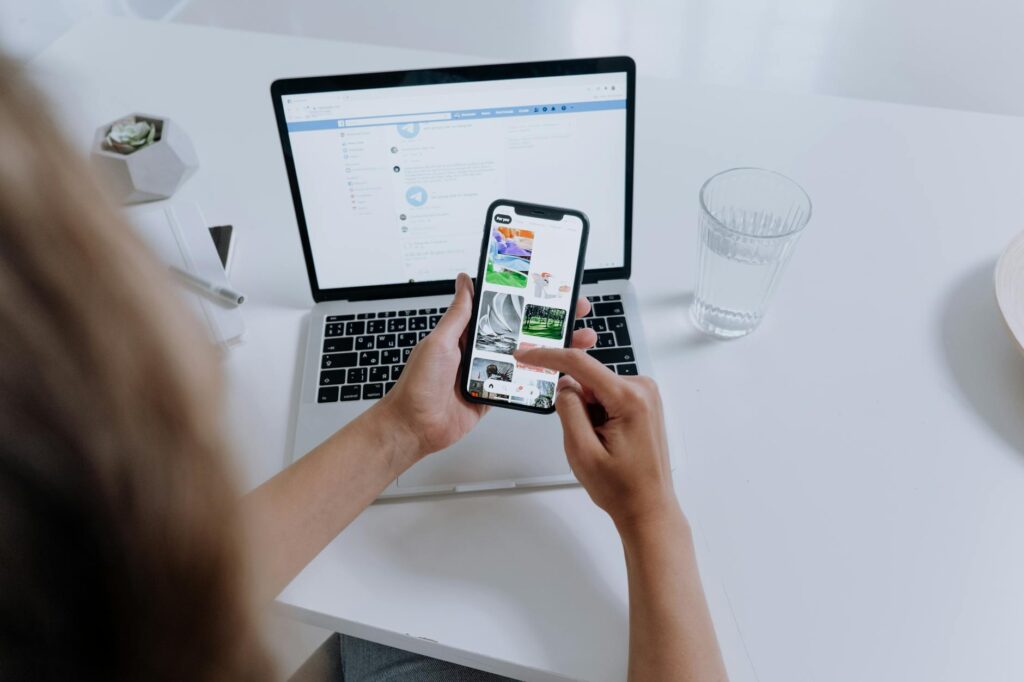What is daily unplugging?

What is daily unplugging?
In today’s fast-paced world, where screens dominate our lives, the idea of daily unplugging is gaining traction. It’s about taking a deliberate break from digital devices to reconnect with ourselves and the world around us. As someone who has embraced this practice, I’ve found it not only rejuvenating but also essential for maintaining mental clarity and enhancing productivity.
Understanding Daily Unplugging
Daily unplugging refers to the intentional act of disconnecting from digital devices, such as smartphones, computers, and televisions, for a specified period each day. This concept is significant in promoting mental health and productivity. In a society filled with constant notifications and distractions, stepping back can create a refreshing space for mindfulness and focus.
The Concept of Daily Unplugging
Daily unplugging is about more than just turning off devices; it’s a chance to disconnect from the noise of the digital world and reconnect with ourselves. Whether it’s for an hour in the evening or a designated time during the day, the goal is to break free from the cycle of checking emails or scrolling through social media.
Why Daily Unplugging Matters
The benefits of daily unplugging extend far beyond just a break from screens. Research indicates that stepping away from technology can lead to lower stress levels and improved overall well-being. Regularly unplugging can help clear mental clutter, allowing for better decision-making and increased creativity. Studies suggest that this practice can even improve interpersonal relationships by fostering more meaningful face-to-face interactions.
Benefits of Daily Unplugging
Incorporating daily unplugging into your routine comes with a host of advantages that can transform your daily life.
Improved Focus and Concentration
When you unplug from technology, it’s easier to focus on tasks at hand. The absence of digital distractions allows you to engage more deeply with your work or hobbies. This enhanced concentration can lead to higher productivity and better outcomes in both personal and professional settings.
Enhanced Creativity
Have you ever noticed that your best ideas often come when you’re away from your desk? Unplugging gives your mind the freedom to wander, which can stimulate creativity. Without the constant barrage of information, your brain can explore new thoughts and perspectives, leading to innovative ideas and solutions.
Better Sleep Quality
The blue light emitted by screens interferes with our natural sleep patterns. By unplugging before bedtime, you can improve your sleep quality significantly. Less screen time in the evening means a more restful night, allowing you to wake up refreshed and ready to tackle the day ahead.
How to Incorporate Daily Unplugging into Your Life
Making daily unplugging a part of your routine may seem daunting, but with a few practical tips, it can become an achievable goal.
Setting Boundaries with Technology
Start by establishing clear boundaries with your devices. Designate specific times during the day when you will turn off your phone or computer. For example, you might decide to unplug for one hour after dinner to focus on family time or personal hobbies.
Creating a Daily Routine
Implementing daily unplugging can be easier with a structured routine. Here’s an example schedule:
- Morning: Enjoy breakfast without checking your phone.
- Afternoon: Take a 30-minute break during your workday to step outside or do a quick workout.
- Evening: Set aside one hour before bed to wind down without screens.
Engaging in Offline Activities
Replace screen time with activities that stimulate the mind and body. Consider picking up a book, going for a walk, or practicing mindfulness through meditation or yoga. Engaging in these activities can greatly enhance your mental clarity and relaxation.

Photo by cottonbro studio
Overcoming Challenges to Daily Unplugging
While the benefits are clear, there are challenges to daily unplugging that many face. Understanding these hurdles can help you find effective solutions.
Managing Work Commitments
For those with demanding jobs, unplugging can feel like a luxury. However, balancing work commitments with your need to disconnect is critical. Consider communicating with your team about your unplugging times, and prioritize tasks that require deep focus during these periods.
Dealing with FOMO (Fear of Missing Out)
The anxiety of missing out on important updates can be overwhelming. To cope with this, set specific times to check notifications or emails. This way, you can stay informed without being constantly tethered to your devices. Remember, the world will still be there when you return.
Conclusion: Embracing Daily Unplugging
In a world that constantly pulls our attention in different directions, daily unplugging is more than just a trend—it’s a necessity for our well-being. By dedicating time to disconnect, we not only improve our productivity but also enhance our mental health. I encourage you to start incorporating daily unplugging into your life; you might just find that it’s the key to a more fulfilling and balanced existence. Take the plunge, and see how it transforms your daily routine!
For more on the benefits of unplugging, check out articles on why you should unplug regularly, such as this one from Forbes which highlights the impact of digital detox on productivity.